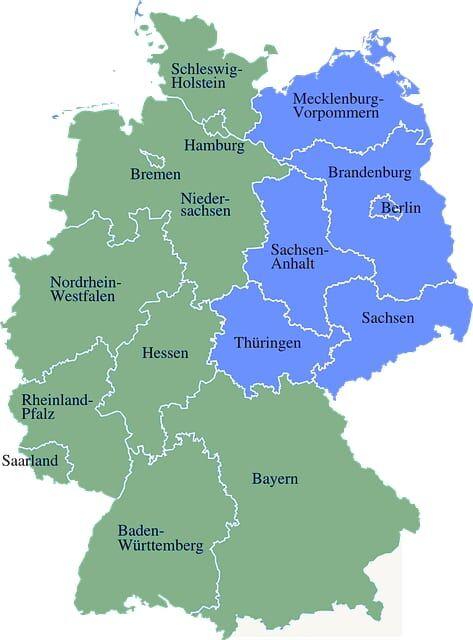Germany’s leading conservative politician Friedrich Merz has come under intense criticism following a recent remark regarding deportations that many have labeled as racist. The comment, made amidst ongoing debates over immigration policy, has sparked a heated public backlash and renewed discussions about race and integration in Germany. This controversy adds to the growing scrutiny faced by Merz as he navigates the complex landscape of the country’s political and social challenges.
Germany’s Friedrich Merz Faces Backlash Over Controversial Deportation Remarks
Germany’s CDU leader Friedrich Merz is at the center of controversy after making statements about deporting migrants that critics quickly labeled as racist and inflammatory. Merz suggested a stricter approach towards immigrants who do not integrate properly, advocating for faster deportation processes in certain cases. The remarks have ignited fierce debate across political lines, with opposition parties and civil society organizations condemning the rhetoric as divisive and harmful to Germany’s image as an inclusive society.
Public reaction has been mixed, but predominantly critical, highlighting several key concerns:
- Fear that Merz’s comments could increase social polarization.
- Accusations of promoting xenophobic attitudes within mainstream politics.
- Calls by human rights groups for policy emphasis on integration over expulsion.
| Stakeholder | Reaction |
|---|---|
| Opposition Parties | Demand retraction and apology |
| Human Rights Groups | Advocate for integration support |
| CDU Supporters | Divided: some agree, others urge caution |
Political and Social Implications of Migration Debate in Germany
Germany’s migration discourse remains deeply polarized as recent comments by Friedrich Merz, leader of the Christian Democratic Union (CDU), have reignited debates on the intersection of immigration policy and racial sensitivity. Merz’s statement on deportations – widely criticized as “racist” and lacking empathy – spotlighted long-standing tensions within political and social spheres. Critics argue that such rhetoric risks undermining Germany’s commitment to integration and fuels xenophobic attitudes, while supporters defend it as a necessary stance to uphold national security and legal frameworks.
The incident has triggered vigorous discussion across multiple fronts, highlighting key societal divides:
- Political Impact: Polarization between conservative factions and progressive voices over the country’s approach to migration enforcement.
- Social Consequences: Rising concerns among migrant communities over discrimination and alienation in everyday life.
- Public Opinion: Shifting perceptions on immigration, with surveys showing both increased support for stricter controls and growing calls for humane treatment.
| Aspect | Supporters’ Argument | Opponents’ Criticism |
|---|---|---|
| Deportation Policy | Maintaining law and order | Ignoring human rights and integration |
| Rhetoric | Clear communication of consequences | Promoting division and racial bias |
| Social Impact | ||
| Social Impact | Protecting societal stability | Increasing marginalization of minorities |
| Policy Focus | Current Status | Proposed Reform |
|---|---|---|
| Deportation Criteria | Lack of standardization | Clear, humane guidelines |
| Legal Protections | Inconsistent application | Stronger judicial oversight |
| Integration Initiatives | Underfunded and fragmented | Comprehensive nationwide programs |
Insights and Conclusions
As the debate continues, Germany faces renewed scrutiny over its immigration policies and the rhetoric used by public officials. Friedrich Merz’s controversial remarks have sparked widespread condemnation, highlighting ongoing tensions in the country’s approach to integration and deportation. The incident underscores the challenges political leaders encounter in addressing complex social issues without fueling division or xenophobia. Observers will be watching closely to see how Merz and his party respond to the backlash and whether this episode will influence Germany’s broader immigration discourse moving forward.




